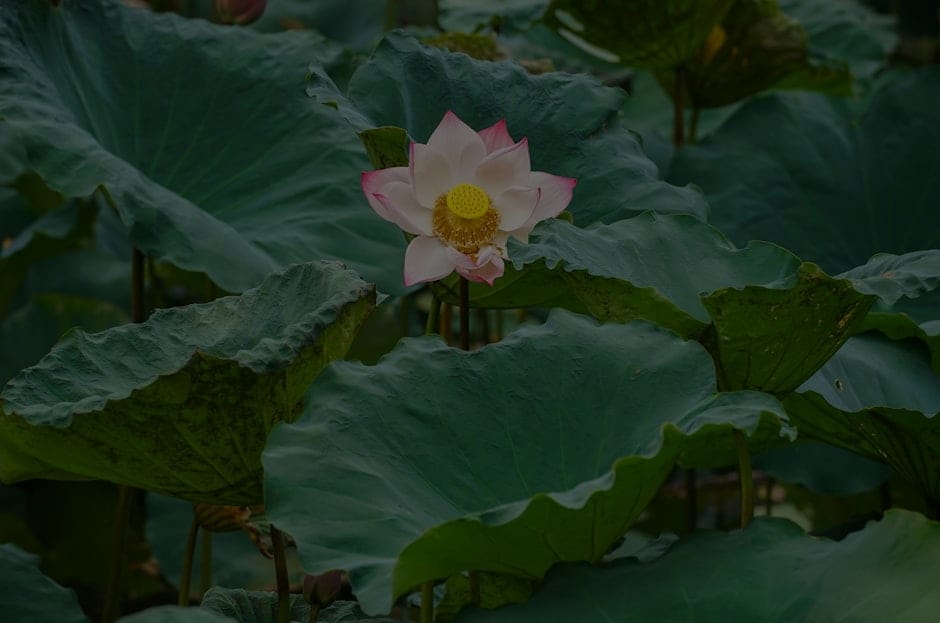**Creating a Tranquil Outdoor Oasis: Feng Shui Ornaments for Your Zen Garden**
Creating a Zen garden with feng shui ornaments offers a serene retreat in your outdoor space, promoting relaxation and harmony. This guide explores how to design your personal oasis.
Understanding Zen Gardens
Zen gardens, originating from Japan, are designed to evoke tranquility and mindfulness. They utilize natural elements like rocks, sand, and plants to create a peaceful environment. The minimalist approach encourages reflection and meditation, making them ideal for relaxation. By incorporating feng shui principles, you can enhance the energy flow and balance within your garden, fostering a sense of peace and well-being.
The Role of Feng Shui in Garden Design
Feng shui, the ancient Chinese practice of arranging spaces to promote harmony, can significantly impact your outdoor sanctuary. Key elements include the placement of ornaments, pathways, and natural features. By aligning these components with feng shui principles, you can attract positive energy (or “chi”) to your space. For instance, placing a water feature in the garden can symbolize abundance and prosperity, while strategically positioning rocks can provide stability and grounding.
Selecting the Right Ornaments
When choosing feng shui ornaments for your Zen garden, consider items that resonate with your intentions. Statues of Buddha or other deities can serve as focal points, inviting peace and contemplation. Wind chimes add auditory beauty while promoting positive energy flow. Similarly, lanterns can illuminate your garden, creating a calming ambiance during evening hours. Each ornament should be selected with care to enhance the overall harmony of the space.
Incorporating Natural Elements
Natural elements are vital in a Zen garden, as they embody the essence of tranquility. Incorporate smooth stones, pebbles, and gravel to create pathways that guide visitors through the space. Plants like bamboo, succulents, and moss not only add greenery but also symbolize resilience and adaptability. Arrange these elements in a way that reflects balance and symmetry, crucial principles in feng shui. This careful arrangement will help cultivate a sense of serenity and connection to nature.
Creating Zones for Relaxation
Designing specific zones within your Zen garden can enhance its functionality and aesthetic appeal. A meditation nook can be created with comfortable seating, surrounded by calming plants and soft textures. This area should be away from distractions, allowing for deep reflection. Consider adding a small fountain or a stone bench to encourage relaxation. Each zone should flow seamlessly into the next, maintaining the overall harmony and balance of the garden.
Maintenance for Lasting Serenity
To preserve the tranquility of your Zen garden, regular maintenance is essential. Keep pathways clear of debris and ensure plants are healthy and well-trimmed. A clutter-free environment is key to maintaining the flow of chi. Seasonal adjustments, such as adding new plants or rearranging ornaments, can rejuvenate the space and keep it aligned with your evolving intentions. Remember, a well-maintained garden reflects the care and energy you invest in it.
Conclusion: Your Personal Retreat Awaits
Creating a Zen garden with feng shui ornaments transforms your outdoor space into a personal retreat for relaxation and reflection. By thoughtfully selecting elements and arranging them according to feng shui principles, you can cultivate an environment that promotes harmony and peace. Embrace the journey of designing your garden, and allow it to become a cherished sanctuary where you can escape the chaos of everyday life. With each mindful choice, you are one step closer to achieving your serene oasis.










